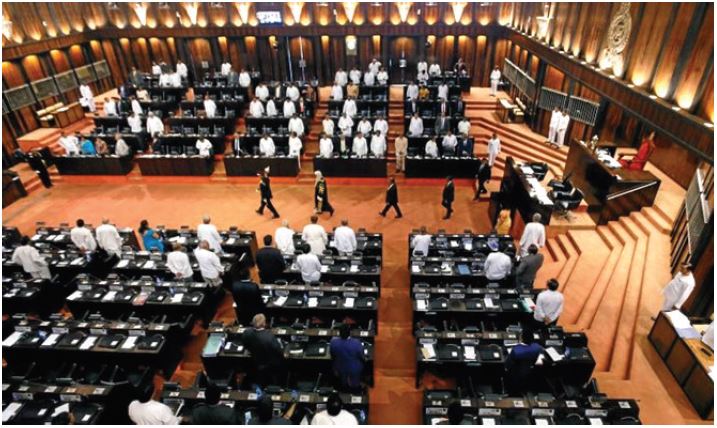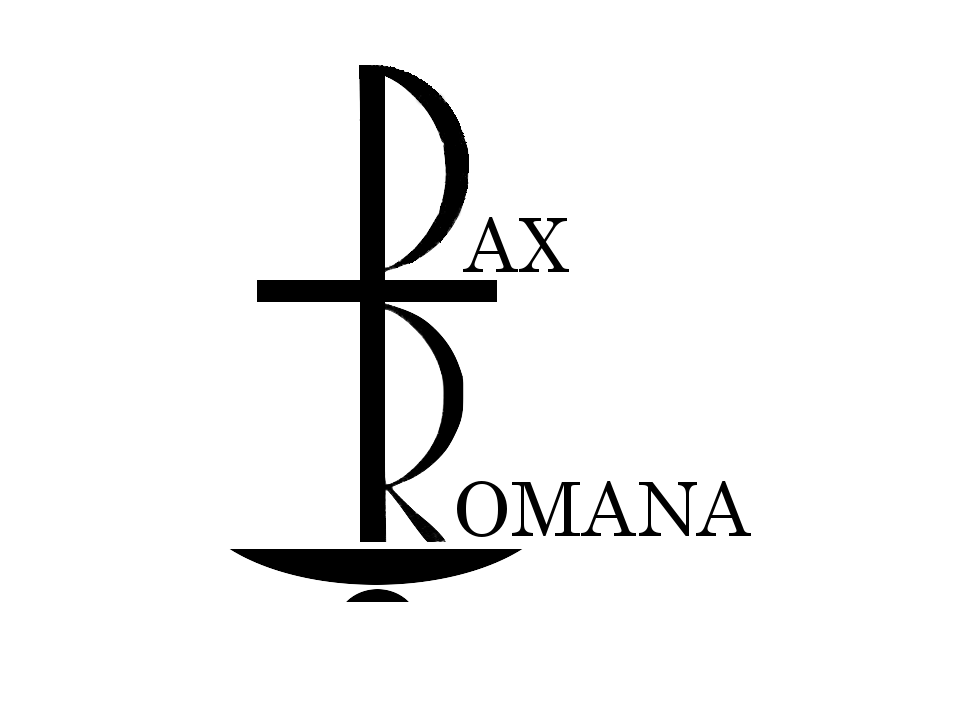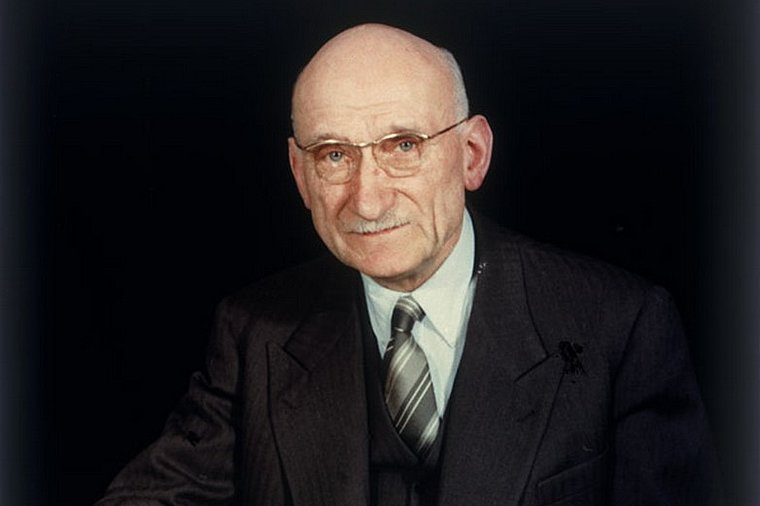The times of great changes require wider perspectives, accordingly throughout Europe visions of the past, present and the future have been questioned by different bodies and institutions. Among them also Pax Romana, precisely the Siiaec (The International Secretariat of the Catholic Engineers, Agronomists and Industrialists) and the KIK, (Club of Catholic Intelligentsia) – the organizers of the International meeting in Warsaw (April 2018). Intellectuals from several European countries presented their views on various contemporary challenges. The issue of European identity and its connection with the future of our continent seems to have raised most interesting discussions and fruitful confrontations.
There were participants who, like Roza von Thun und Hohenstein, pleaded for continuing the path traced by the Founding Fathers of the European Union; for focussing on the implementation of the common space of the EU. To achieve this goal, Europeans should be able to adapt quickly to the changing reality as it seems that only such an effort can lead to the “rebuilding of old formulas”, as claimed by Giuseppe Elia. For Kevin Ahern this rewriting of the old concepts should result in the sustainability of solidarity. justice and cooperation, the milestones of the society characterizing Europe. However, the working out of adapted formulas cannot take place in “the culture of fear” as Paul Zulehner describes the present context. The Catholic priest therefore reminds us that we have a remedy against it, the Christian faith, the example of our Lord “with whom everybody can be connected”, as Zulehner daims. Besides, we can be encouraged to proper acting by the testimony of great spiritual teachers such as Roger Schutz, the founder of the Taizé Community and of all those Christians who show their commitment in everyday life. By following them, we can “contribute to the growth of humanity”.
Luckily, there are also other ways that can be taken to highlight our common need to ensure that the Europe of tomorrow is the continent of mutual respect, coopération and peace. Lukas Mandl points to them by quoting Johann Wolfgang von Goethe, saying, “What you have inherited from your forefathers, acquire it to make it your own”. We, Europeans, seem to fully agree with the idea, otherwise this year would not have been proclaimed “The European year of cultural héritage”. The events and initiatives promoted by the EU and the Council of Europe should remind us that our cultural heritage is the repository of ideals, principles and values embedded in our cultural context. These are the sources of our identity, shared by European nations, wells of empowerment that we need when facing the challenges in order not to forget who we are, where we come from and what we would like to transmit to future generations.




Leave A Comment
You must be logged in to post a comment.